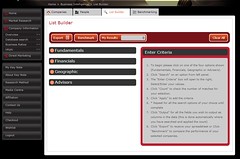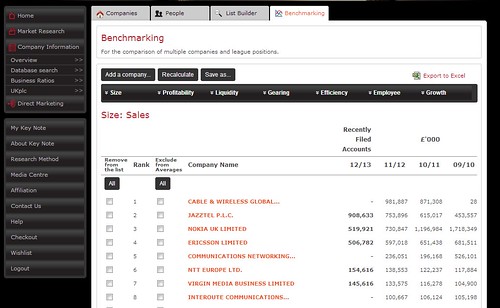This week we’re teaming up with Careers to promote Bloomberg, as part of Business and Finance Week, 9th – 13th October. This month, Careers also have a challenge to complete an online course, Bloomberg Market Concepts (BMC), to learn more about Bloomberg and how the world of finance operates.
Bloomberg is a financial database that was created in the early 1980s. It’s interface is quite reminiscent of this decade, but don’t let that put you off! It is a super powerful resource that can provide a whole range of information.
If Bloomberg looks familiar, that’s because you’ve probably seen it on TV and film! In fact, in the past decade it’s starred alongside Kevin Spacey (Margin Call) and Christian Bale (The Big Short).
Unlike other resources, Bloomberg is only available on certain PCs around campus. Bloomberg terminals can be identified by the keyboard, as shown below. This special keyboard has shortcut keys to make searching simpler.
Bloomberg Market Concepts (BMC) is a self-paced e-learning course that takes about 8 hours to complete. You can take for free on the Bloomberg terminals. It will introduce you to financial markets and some of the key functions on Bloomberg. Once completed, you will get a certificate, which you can use on your CV and LinkedIn profile. If you complete it during October, you will also get passport points, as it is the Passport Challenge for this month. If you are unsure where to start, please come to a Bloomberg Basics session in the Library, which are taking place 8am to 9am, 10th to 13th October. These will help you create a Bloomberg account and register for the BMC.
Sian Downes and Emma Burnett, Information Consultants from the Library, provide help and support with Bloomberg all year round, including training.





